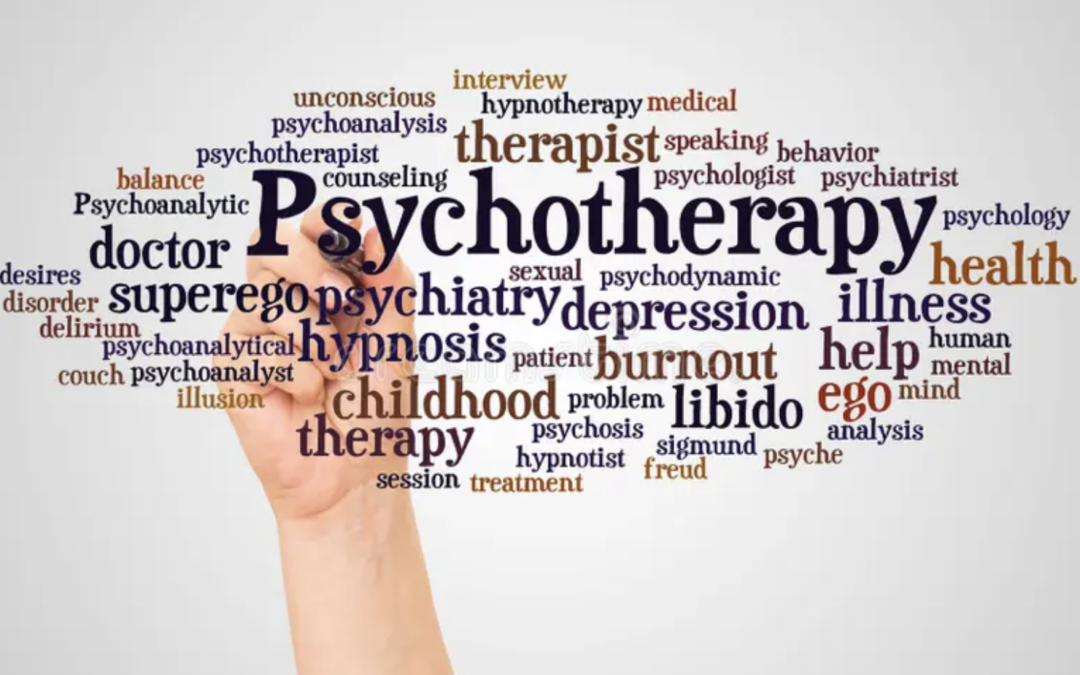In today’s fast-paced world, mental health awareness is more crucial than ever. Despite significant strides in understanding and destigmatizing mental health issues, many individuals still struggle to recognize when they might benefit from professional help. Psychotherapy, also known as talk therapy, can be a powerful tool for addressing a wide range of emotional and psychological challenges. However, knowing when to seek therapy is key. Here are some signs that indicate the need for psychotherapy:
- Persistent Feeling of Sadness or Hopelessness: Feeling down occasionally is normal, but if you find yourself in a prolonged state of sadness, hopelessness, or emptiness, it could be a sign of depression. Therapy can help you explore the underlying causes of these feelings and develop coping strategies.
- Intense Anxiety or Panic Attacks: Anxiety disorders can manifest in various ways, including excessive worrying, panic attacks, or phobias. If anxiety significantly impacts your daily life, relationships, or work, therapy can provide tools to manage anxiety and regain a sense of control.
- Difficulty Coping with Stress: While stress is a part of life, persistent stress that overwhelms your ability to cope can lead to burnout, physical health issues, and emotional strain. Therapy offers techniques for stress management and building resilience.
- Changes in Sleep or Appetite: Significant changes in sleeping or eating patterns, such as insomnia, oversleeping, loss of appetite, or overeating, may indicate underlying mental health concerns that could benefit from therapeutic intervention.
- Strained Relationships: Persistent conflicts, communication issues, or difficulty forming and maintaining relationships can be explored and addressed in therapy. Relationship counseling can also be beneficial for couples or families facing challenges.
- Substance Abuse or Addictive Behaviors: If you find yourself turning to substances like alcohol, drugs, or engaging in addictive behaviors (e.g., gambling, overeating) as a way to cope with emotions or stress, therapy can help you address the root causes and develop healthier coping mechanisms.
- Traumatic Experiences: Trauma, whether recent or from the past, can have a profound impact on mental health. Symptoms such as flashbacks, nightmares, hypervigilance, or emotional numbness may indicate unresolved trauma that can be addressed in therapy.
- Low Self-Esteem or Negative Self-Image: Persistent feelings of worthlessness, inadequacy, or a negative view of oneself can be addressed in therapy through techniques like cognitive-behavioral therapy (CBT) or self-esteem building exercises.
- Difficulty Managing Emotions: If you find it challenging to regulate your emotions, experiencing frequent mood swings, anger outbursts, or feeling emotionally numb, therapy can help you develop emotional intelligence and coping skills.
- Feeling Stuck or Unfulfilled: If you have a sense of being stuck in life, lacking direction, or feeling unfulfilled despite external success, therapy can help you explore your values, goals, and aspirations to create a more meaningful life.
It’s important to note that seeking therapy doesn’t mean you are weak or “crazy.” It’s a courageous step towards self-awareness, growth, and improved mental well-being. Therapists provide a safe and confidential space to explore your thoughts, emotions, and behaviors, empowering you to make positive changes in your life.
Remember, everyone’s journey is unique, and there’s no one-size-fits-all approach to therapy. Whether you’re dealing with a specific issue or seeking personal growth, therapy can be a valuable resource in your mental health toolkit. If you resonate with any of the signs mentioned above, consider reaching out to a licensed therapist or mental health professional for support. Your mental health matters, and you deserve the care and attention necessary to thrive.

